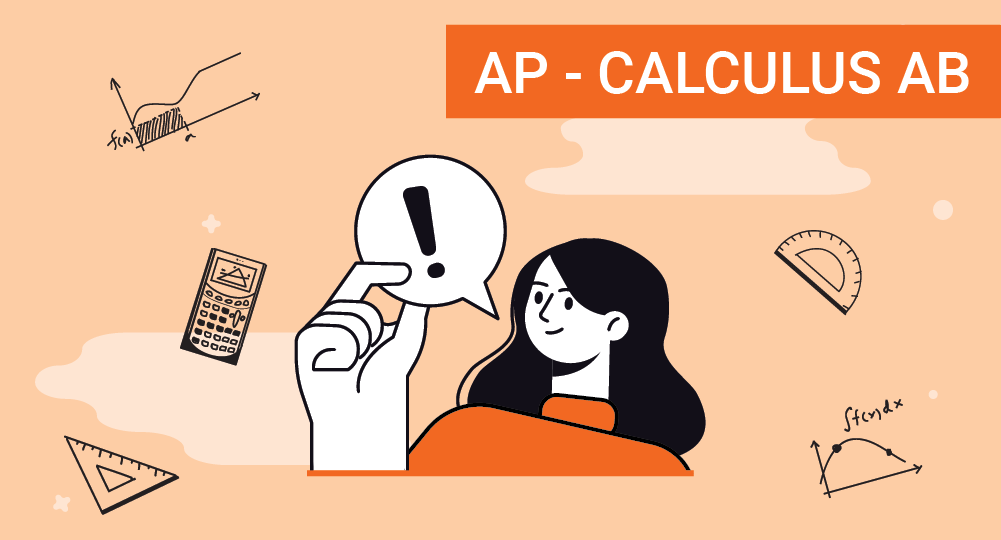
ACT English
ACT or the American Collee Testing Exam is a standardised test for the admission to bachelor course from IVY league colleges. ACT exam evaluates the student on four major ares like Maths, Science, language and writing areas. ACT assesses the students' performance in punctuation, grammar, sentence strucure, etc, in Maths, it covers the student's mathematical skills.
Know more about ACT
ACT (American College Testing) is a standardized test used for college admissions in the United States. It assesses a student's knowledge and skills in English, mathematics, reading, and science reasoning. The ACT test is administered by ACT, Inc. and is accepted by most colleges and universities in the US.
The ACT test consists of four main sections: English, Math, Reading, and Science. Additionally, there is an optional Writing section that some colleges may require or recommend. Here are some key details about each section:
English (45 minutes): This section measures your understanding of English grammar, punctuation, usage, sentence structure, and rhetorical skills. It includes multiple-choice questions and a passage with underlined portions where you need to identify errors or make improvements.
Math (60 minutes): The Math section evaluates your mathematical skills in areas such as algebra, geometry, trigonometry, and basic statistics. It includes multiple-choice and grid-in questions that require you to solve problems and apply mathematical concepts.
Reading (35 minutes): In the Reading section, you'll be presented with four passages from various subjects and asked questions to assess your comprehension, interpretation, and analysis skills. The passages may include prose fiction, humanities, social science, and natural science.
Science (35 minutes): The Science section measures your scientific reasoning abilities rather than specific content knowledge. You'll be given several sets of scientific data, charts, graphs, and experiments, and you'll need to analyse and interpret the information to answer questions.
Writing (optional, 40 minutes): The optional Writing section requires you to write an essay in response to a prompt. It assesses your ability to develop a clear argument, support it with relevant evidence, and showcase your writing skills. While the Writing section is not included in the composite score, some colleges may require it for admission.
Test Pattern
| S No | Section | Number of Questions | Time Allotted |
|---|---|---|---|
| 1 | English | 75 | 45 minutes |
| 2 | Math | 60 | 60 minutes |
| 3 | Reading | 40 | 35 minutes |
| 4 | Science | 40 | 35 minutes |
| 5 | Writing* | Essay Prompt | 40 minutes |
*The Writing section is optional and does not include a specific number of questions. It requires writing an essay in response to a prompt
What you'll learn
- 1
Evidence in the given passage to support the tone and purpose of the passage given by the author.
- 2
Relationship between infographics and the passage.
- 3
Meaning of a word or phrase in context.
- 4
Choice of words to set tone, style and meaning of the passage.
- 5
Examine a hypothesis in the given passage from Science, History or Social Studies
- 6
Interpret the given data from Science, History or Social Studies
- 7
Improve the quality of writer's message.
- 8
Development of main idea with support information like tables, graphs and charts
- 9
Organizing and placement of main ideas and information to introduce, conclude and transitions
- 10
Improve precision, elimination of words, style, tone, combine sentences for effective presentation
- 11
Recognize vocabulary words on sight and improve the pace of reading passage.
- 12
Use of right punctuations like commas, question marks, capitalization, etc.
Skills you'll learn
Command of evidence and words used in context
Identify the purpose and tone in the given passage
Identify the sources of allusion in the reading passage
Analysing the infographics or data tables and interpret the relation between the data and the passage
Should be able to analyze the passages from Science, History or Social Science topics
Develop and organize the ideas with the supporting details and clear transition
Should be able to analyze and interpret the provided information and use it to support your argument
Should be able to analyze word choice, purpose of text and the vocabulary used
Standard English conventions like sentence structure, usage of basic grammar rules
Complete understanding of punctuations and its usage in writing
Should be able to construct clear and concise sentences to communicate effectively














